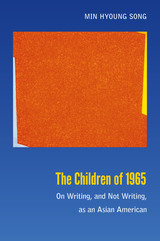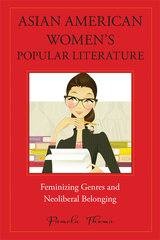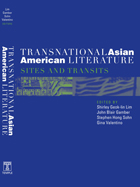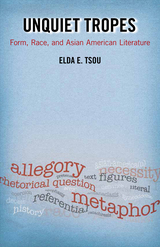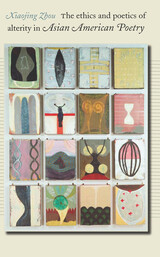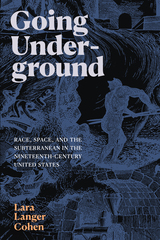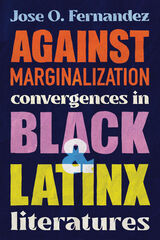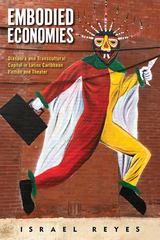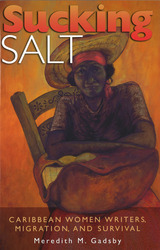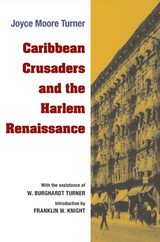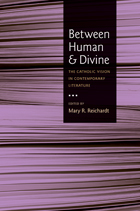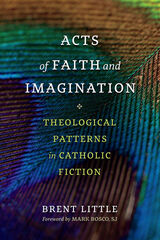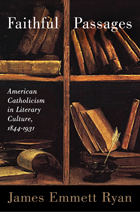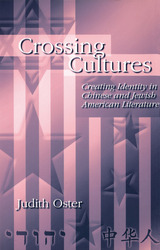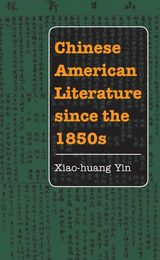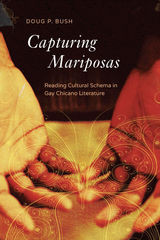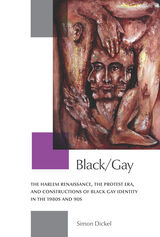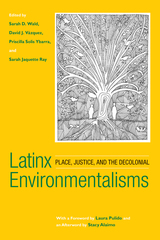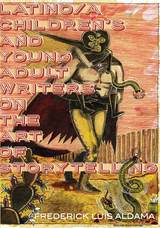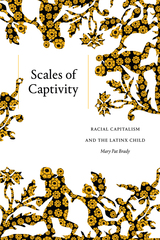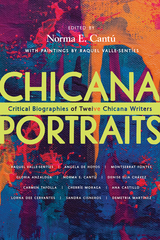Caribbean Crusaders and the Harlem Renaissance
University of Illinois Press, 2005
Paper: 978-0-252-07241-3 | Cloth: 978-0-252-02996-7
Library of Congress Classification PS153.C27T87 2005
Dewey Decimal Classification 810.99729
Paper: 978-0-252-07241-3 | Cloth: 978-0-252-02996-7
Library of Congress Classification PS153.C27T87 2005
Dewey Decimal Classification 810.99729
ABOUT THIS BOOK | AUTHOR BIOGRAPHY | TOC
ABOUT THIS BOOK
Joyce Moore Turner's Caribbean Crusaders and the Harlem Renaissance is a study of the emergence of African American radicalism in Harlem, a crossroads of the African Diaspora in the early twentieth century. Turner reveals that the Harlem Renaissance was more than just an artistic fluorescence; it was also a political movement to counter racism and colonialism.
To explore the roots of the Caribbean emigres' radical ideology and the strategies used to extend agitation from Harlem to national and international platforms, the study draws on the papers and writings of Hermina Huiswoud, Cyril Briggs, the Reverend E. Ethelred Brown, Langston Hughes, and Richard B. Moore, as well as from interviews and biographies of related contemporary figures. It also incorporates census records, FBI files, and hundreds of documents from the recently opened Russian Archive.
Through a focus on Otto Huiswoud, the sole African American charter member of the Communist Party, and his wife, Hermina, Turner exposes the complex developments within the socialist and communist parties on the question of race. The account ranges beyond Harlem to Europe, Africa, and the Soviet Union to reveal the breadth, depth, and nearly global reach of the Afro-Caribbean activists' activities.
To explore the roots of the Caribbean emigres' radical ideology and the strategies used to extend agitation from Harlem to national and international platforms, the study draws on the papers and writings of Hermina Huiswoud, Cyril Briggs, the Reverend E. Ethelred Brown, Langston Hughes, and Richard B. Moore, as well as from interviews and biographies of related contemporary figures. It also incorporates census records, FBI files, and hundreds of documents from the recently opened Russian Archive.
Through a focus on Otto Huiswoud, the sole African American charter member of the Communist Party, and his wife, Hermina, Turner exposes the complex developments within the socialist and communist parties on the question of race. The account ranges beyond Harlem to Europe, Africa, and the Soviet Union to reveal the breadth, depth, and nearly global reach of the Afro-Caribbean activists' activities.
See other books on: Ethnicity in literature | Harlem (New York, N.Y.) | Harlem Renaissance | Immigrants in literature | Race in literature
See other titles from University of Illinois Press

